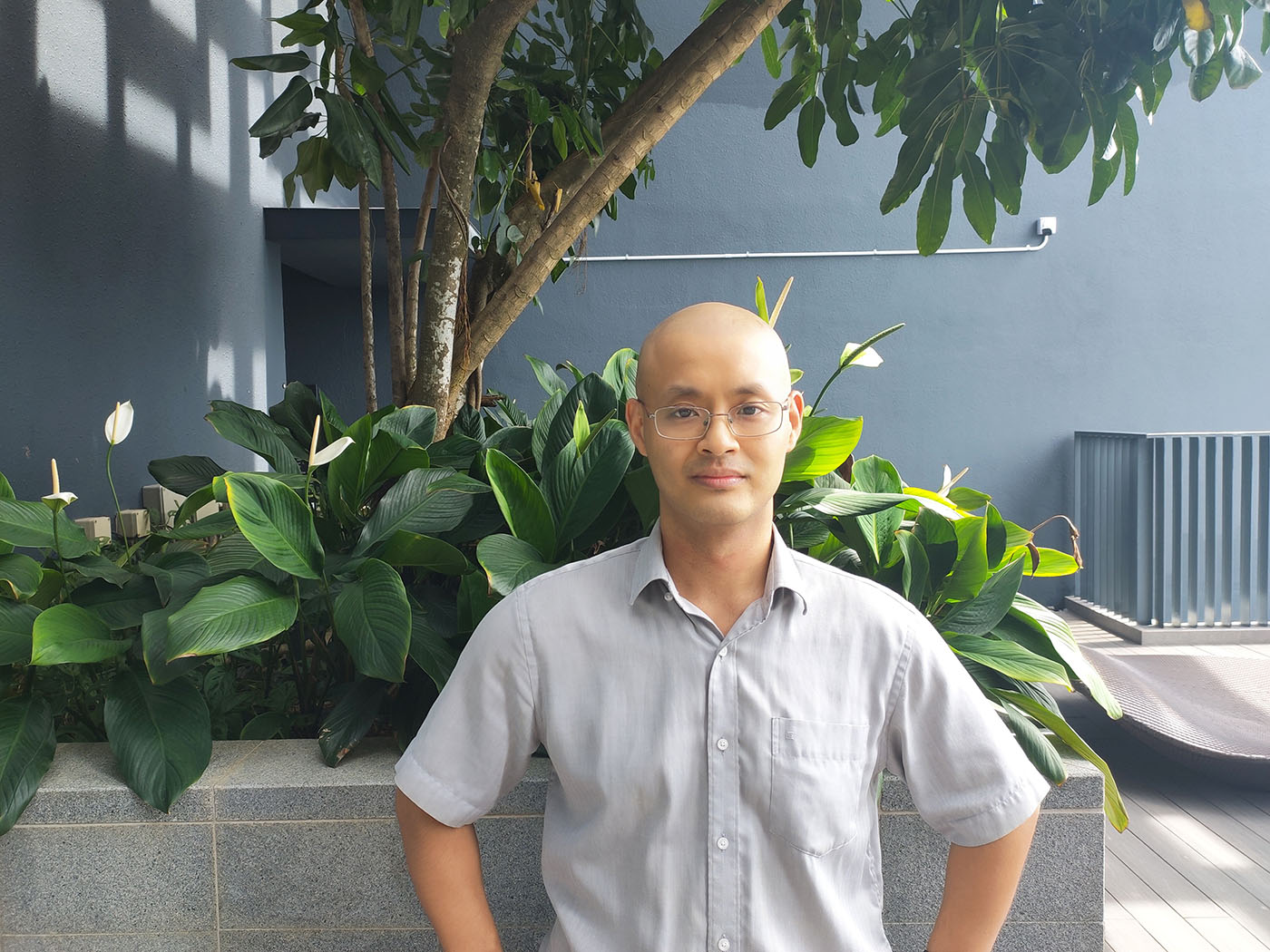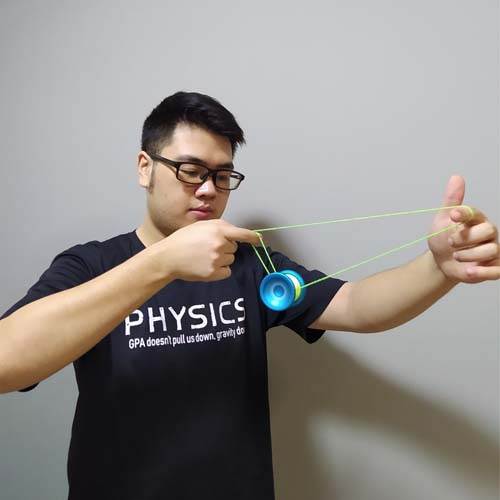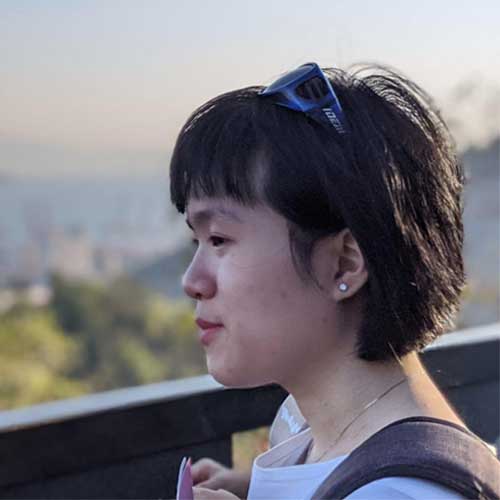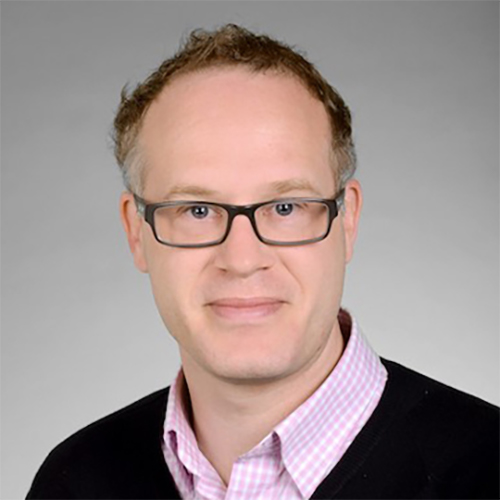Highlights
Meet a CQTian: Yingkai Ouyang
 Yingkai’s current project is on quantum homomorphic encryption, which is a form of encryption of quantum data that allows users to perform quantum computations on the encrypted data without first decrypting it.
Yingkai’s current project is on quantum homomorphic encryption, which is a form of encryption of quantum data that allows users to perform quantum computations on the encrypted data without first decrypting it.
Who are you?
My name is Yingkai and I am from Singapore. I am currently a Senior Research Fellow in Marco Tomamichel’s research group.
Tell us about your path into quantum research.
I was drawn to quantum research via the field of quantum error correction. Quantum error correction has nice connections with coding and information theory, and it has nice applications for fault-tolerant quantum computation. After my time at the University of Waterloo in Canada where I completed a Masters and a PhD in Mathematics, I moved back to Singapore to join CQT, where I became involved in quantum homomorphic encryption research. Next, I was at the University of Sheffield in the UK where I got involved in both quantum error correction, quantum metrology and quantum simulation. After that, I joined Marco’s group to work on quantum information theory.
I have many ongoing collaborations with researchers of different profiles. Currently, I am working on both the intersections of quantum estimation theory and quantum information theory, as well as on quantum homomorphic encryption.
On your website, you mention your primary speciality lies in constructing quantum bespoke error correction codes. What are they and what are their advantages and challenges?
Noise is the main obstacle in bringing quantum technology from the lab to real-life use. Quantum bespoke error correction codes aim to integrate quantum codes with a chosen physical system. Such codes, by taking into account many more aspects of the actual physical system than conventional codes, will be better positioned to reduce the effective noise levels. Designing such codes is very challenging because this requires expertise from multiple disciplines, and these codes need some more time to become mainstream.
What are you working on right now?
I am currently exploring the potential of quantum homomorphic encryption both for applications and for its theoretical implications. It is a form of encryption of quantum data that permits users, for instance a server, to perform quantum computations on its encrypted data without first decrypting it.
One interesting application of quantum homomorphic encryption is secure delegated computation, which will be a potential use-case with the advent of the quantum internet. Secure delegated computation means the computation can be performed by one or more users in a secure way. In a current project, I am investigating how quantum error correction can enhance the performance of secure delegated quantum computation, by leveraging on what I know about both quantum homomorphic encryption and quantum error correction codes.
What has been a memorable aspect of your research?
I spent almost a decade working on permutation-invariant codes. I began working on these codes because I love symmetry. These codes are just about as symmetric as codes can get: they are invariant under any permutation of the underlying particles.
In recent years, I began to realise the applicability of these codes in quantum technologies such as quantum sensors and quantum memories. Quantum sensors harness quantum resources to make high-precision estimates of physical parameters. Quantum memories store quantum data. Both technologies need to work in the presence of noise to be practical. That is where the potential of permutation-invariant codes can come in, because they naturally fit into the architectures of certain quantum sensors and memories.
What is your favourite aspect of your work?
I like to solve interesting problems and interact with interesting people. Solving problems using the language of mathematics is deeply satisfying.
What do you enjoy outside of work?
I play classical guitar.
Would you like to share anything about yourself that other people might be surprised to know?
I write computer programs to automate things in life. The most recent one is a python program which downloads, processes and transfers audio files for my son’s bedtime stories.
Learn more
Related Stories
 | Meet a CQTian: Nguyen Hoang Long September 01 2021 |
 | Meet a CQTian: Debbie Lim Huey Chih September 22 2021 |
 | CQT welcomes three new Principal Investigators: Meet Marco Tomamichel May 20 2020 |






